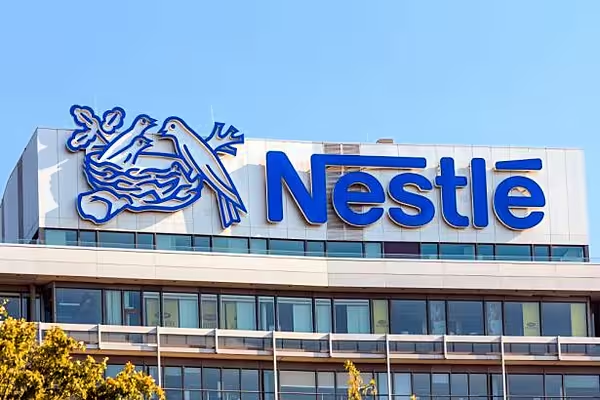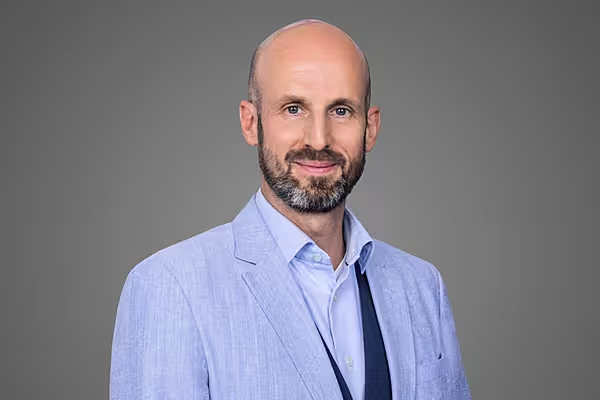Risk is back on, so who needs chocolate? Nestlé SA needs to roll with the times, and investors have a lot of optimism that its brand-new chief executive officer, Ulf Mark Schneider, can produce a quick change of gear.
He's certainly got the right background, but the tactics Nestlé needs aren't in his DNA. Investors should tread cautiously.
The 150-year-old Swiss stalwart, like rivals Unilever NV, Danone SA and Reckitt Benckiser Group Plc, is confronting the sharp end of the Great Rotation -- the global move into higher-yielding investments means the stability of the big consumer goods groups is out of favour. They're also all facing sluggish demand as emerging markets run out of steam, food prices fall and people's tastes change.
The problem's particularly acute for Nestlé, given that 2016 may be the fourth consecutive year that it misses its target of organic growth of between 5% and 6%.
Schneider, who takes up his role on 1 January, was a surprise pick to lead the company -- he's the first outsider in the top job since 1922. He certainly had a strong track record during his 13 years at the helm of fast-growing healthcare group Fresenius SE. There, he delivered an average annual return of 23%, more than double both Nestlé and the Stoxx 600 Index.
But Nestlé is a very different beast. To whip it into shape, Schneider's going to need to wield the ax on some of its poorer performers.
One obvious issue is that the company still generates 83% of its revenue from food and beverages, a lower-growth business. At Unilever, the figure is just 43% -- it's been quicker at diversifying out of the sector and building its home and personal care business.
To make a start, Schneider should sell off US prepared food. The division, which includes Stouffer's frozen meals, DiGiorno pizza and Hot Pockets frozen sandwiches, has suffered as consumers turned to healthier alternatives. It could be worth about $10 billion to $15 billion, according to Martin Deboo, analyst at Jefferies Group.
He should also exit global confectionery, where it's clearly neither a leader nor in second place, in part because of a failure to innovate in premium chocolate. That could be worth about $20 billion, according to Deboo.
With net debt at just under 1 times Ebitda, Nestlé doesn't really need the money. The point is to focus the company on faster-growing areas.
Still, these moves should leave Schneider with a formidable war chest to invest in what Nestlé sees as its future engine of growth: health science, including medical nutrition and skin remedies.
Given his healthcare background, the hope is that he can turbo-charge this division, which accounted for 16.7% of sales in 2015.
It needs help -- it should be driving diversification from food, but over the past two years, growth has slowed. Schneider needs to get this business moving in the right direction.
But it's not a foregone conclusion that Schneider will break out the knives. He's a deal junkie. At Fresenius his strategy was to acquire and build, and he made more than a dozen purchases in hospitals, medical care, drug infusion and medical nutrition, though he did sell some units. Hiving off some key Nestlé divisions may force him to change his spots.
There's also a question over whether he'll have a free hand to shelve long-held units. Paul Bulcke, the outgoing chief executive, will still be in the picture as chairman.
Investors don't seem to have any doubts right now. Nestlé is trading at a slight premium to Unilever on a forward price earnings ratio basis. That looks optimistic, particularly given that Unilever just won fans with plans to lift margins.
Given the weight of expectation on Schneider's shoulders, without an early sign of a broad reshaping, Nestlé is more exposed than rivals to the new appetite for risk.
This column does not necessarily reflect the opinion of Bloomberg LP and its owners.
News by Bloomberg, edited by ESM. To subscribe to ESM: The European Supermarket Magazine, click here.














